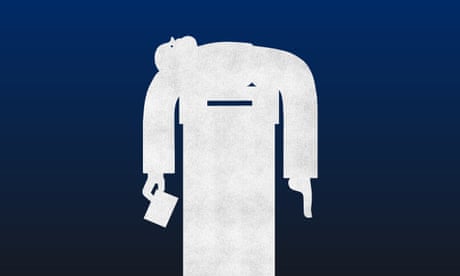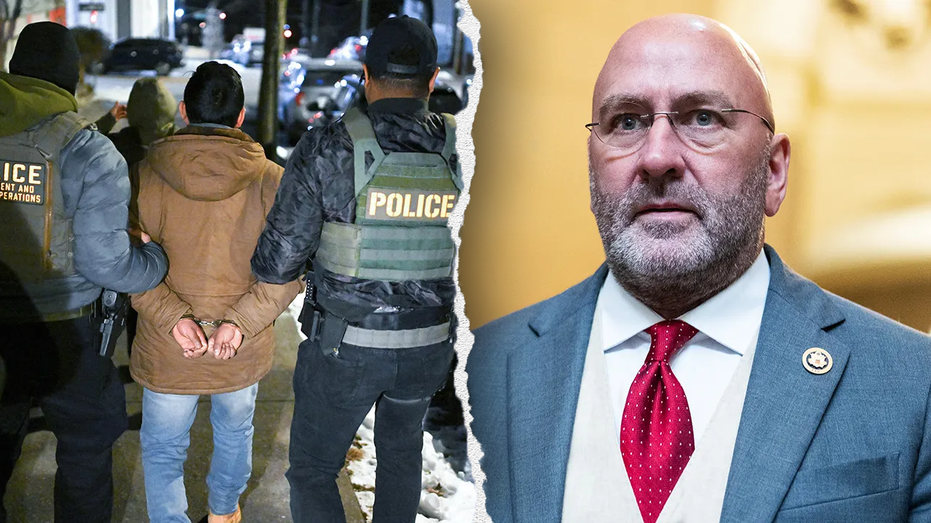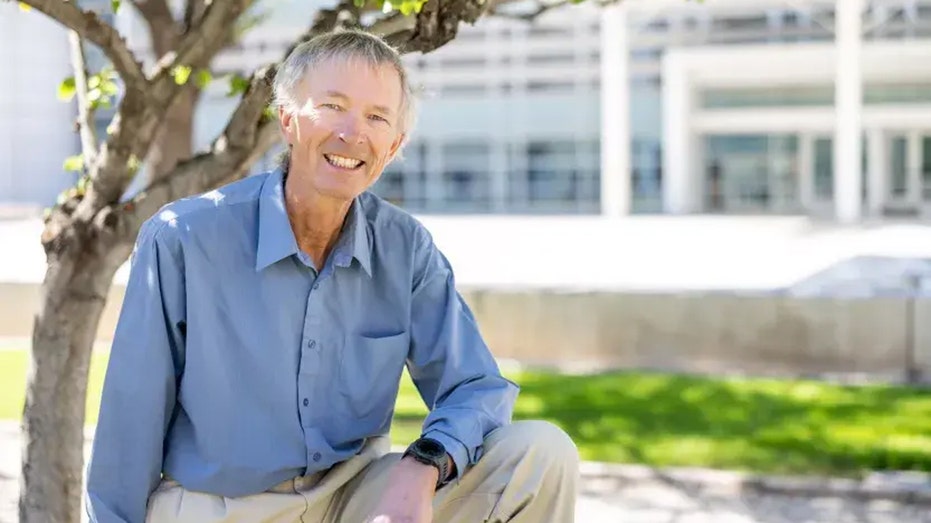- by foxnews
- 13 Mar 2025
How did ‘learned helplessness’ become commonly used to describe US voters?
How did ‘learned helplessness’ become commonly used to describe US voters?
- by theguardian
- 25 Sep 2024
- in politics

"Biden Is Trying to Jolt Us Out of Learned Helplessness About Trump," read the headline of a New York Times op-ed in January, which argued that "[Donald] Trump's exhausting provocations" were wearing out voters who saw opposing the former president's re-election as a "doomed project".
Six months later, the mood was slightly more optimistic. Joe Biden had dropped out of the presidential race and Kamala Harris had taken his spot as the Democratic nominee. "National Democrats seem to have shaken off their perennial sense of learned helplessness," read a July op-ed from the Charlotte Observer.
Feelings of political powerlessness are not new. People who feel as if they are on the "losing side of politics" - meaning their political opponents are in power - can feel a "loss of control", says Dr Christina Farhart, associate professor of political science at Carleton College.
What is different now, she says, is that people across the political spectrum are reporting feeling helpless. No "side" feels as if they're winning. Farhart adds that part of this can be attributed to the chaotic, historic events of the past few years: the pandemic, the fallout from the 2020 presidential election and the January 6 insurrection.
While Harris's nomination has prompted increased engagement from voters in recent months, the national mood had been grim. According to a survey published this March by Fortune magazine, almost half of Americans didn't feel hopeful about the future of the country. A 2022 NPR/Ipsos poll found that 64% of Americans believe US democracy is "in crisis and at risk of failing". And Gallup polls from the last two years have found that the public's trust in US institutions is at an all-time low.
What does so-called learned helplessness really mean, and what does it look like in a political context - like, say, a contentious presidential election?
In the 1960s, back when laws about animal testing were lax, to say the least, the psychologist Martin Seligman and his colleagues at the University of Pennsylvania developed the theory of "learned helplessness".
Scientists subjected dogs to electric shocks, and found that the canines that were able to stop the shocks by pressing a panel with their nose were more likely to try to escape shocks in the future. The dogs that were not able to stop the shocks - for them, pressing the panel did nothing - were less likely to try to escape them.
Researchers concluded that if one is repeatedly subjected to aversive stimuli over which they have no control, they will feel powerless to effect change and will eventually stop trying to escape the painful situation altogether.
Learned helplessness soon became a popular psychological concept, often used to explain behaviors associated with depression, and why certain victims of abuse or trauma may not leave their abuser when given the chance.
But it has also been used to describe the behavior of a broader population: the American voter.
That citizens feel helpless has serious consequences - not only for individuals, who may feel more depressed, but for society as a whole.
Individuals who feel helpless might be less likely to participate in the political process, whether by voting or engaging in their community, says Dr Sandra Bloom, an associate professor of health management and policy at Drexel University, and co-founder of the Center for Nonviolence and Social Justice.
Feeling helpless also makes individuals more susceptible to misinformation and conspiracy theories, Farhart's research has shown. "Humans want to make sense of the world around us," she says. When humans feel out of control, they look for explanations as to why. Engaging in conspiracies becomes a coping mechanism, a way to make sense of uncertainty.
Some of Americans' favorite conspiracy theories are related to control, the electoral process and powerful people, according to a 2023 YouGov poll. For instance, 41% of respondents believed that, regardless of who is in power, "there is a single group of people who secretly control events and rule the world together"; 31% believed Barack Obama was not born in the US; and 29% believed voting machines were programmed to change votes in the 2020 election.
But it's a vicious cycle. Engaging with misinformation "exacerbates feelings of loss of control, so feelings of learned helplessness get worse over time", Farhart says.
People cope with such feelings differently. Some respond by disengaging from certain parts of the political process, like voting. This is more common among low-income communities and communities that have been historically or systematically marginalized by traditional institutions, Farhart says.
"That doesn't mean they're completely disengaging from politics," she clarifies. Individuals from these communities might be more likely to find ways to express their political voice outside the formal political system, she explains, "with protests or rallying".
On an individual level, people can overcome learned helplessness by reframing how they perceive events. As Seligman explained in a 2017 paper looking back at the impact of the theory he helped develop 50 years earlier, the "inescapability itself was not enough to produce anything more than momentary helplessness".
What determined how long and how severely people felt helpless was the story they told themselves about the inescapability. Those who attributed their helplessness to "permanent causes", meaning problems that will always be unsolvable, showed long-term helplessness, while those who attributed their helplessness to temporary causes overcame it more quickly.
People can work on this reframing with the help of tools like therapy, Seligman says - specifically, cognitive behavioral therapy, which provides individuals with tools to "reduce destructive negative thoughts and emotions".
But experts emphasized that one of the most effective ways to overcome feelings of helplessness is for people to build community.
"We live in a very individualistic society," says Andria Chatmon, a community organizer for the group Empower DC in Washington DC. She says that individuals often feel like they have to work through issues by themselves. But when they're able to see that other people from their community are facing the same issues, "it encourages more action", she says.
"It really helps people to see that their voices matter when they're in a collective and that they're a part of something. Especially when they're from groups that have typically been excluded," Chatmon adds.
Bloom says that working together in groups - attending protests, community organizing or participating in get-out-the-vote initiatives - "is our only hope."
"We have to get together, have fun, enjoy each other's company, and try to get something done," she says.
- by foxnews
- descember 09, 2016
Flight passenger shares 'infuriating' moment when man intrudes on her leg space: 'Please don't do this'
A traveler says a fellow passenger intruded on her space on an airplane. Social media users reacted to the post, with some referring to it as a "manspreading" moment.
read more





